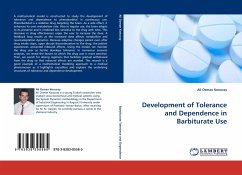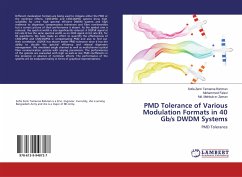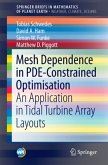A mathematical model is constructed to study the development of tolerance and dependence to phenobarbital in continuous use. Phenobarbital is a sedative drug targeting the brain. As a side effect, it enhances its own metabolism rate. Also in regular use, the brain adapts to its presence and is rendered less sensitive to the drug with time. This decrease in drug effectiveness urges the user to increase the dose. A feedback loop results as the increased dose affects metabolism and neuroadaptation dynamics. Because adaptive changes persist even after drug intake stops, upon abrupt discontinuation to the drug, the patient experiences unwanted rebound effects. Using the model, we monitor the drug user as he/she develops tolerance. In numerous scenario analyses, we reveal the factors to which the drug user is most sensitive. Then, we search for dosing regimens that facilitate gradual withdrawal from the drug so that rebound effects are avoided. This resarch is a good example of a mathematical modeling approach to a medical phenomenon as it highlights causalities and explains the underlying structures of tolerance and dependence development.
Bitte wählen Sie Ihr Anliegen aus.
Rechnungen
Retourenschein anfordern
Bestellstatus
Storno








